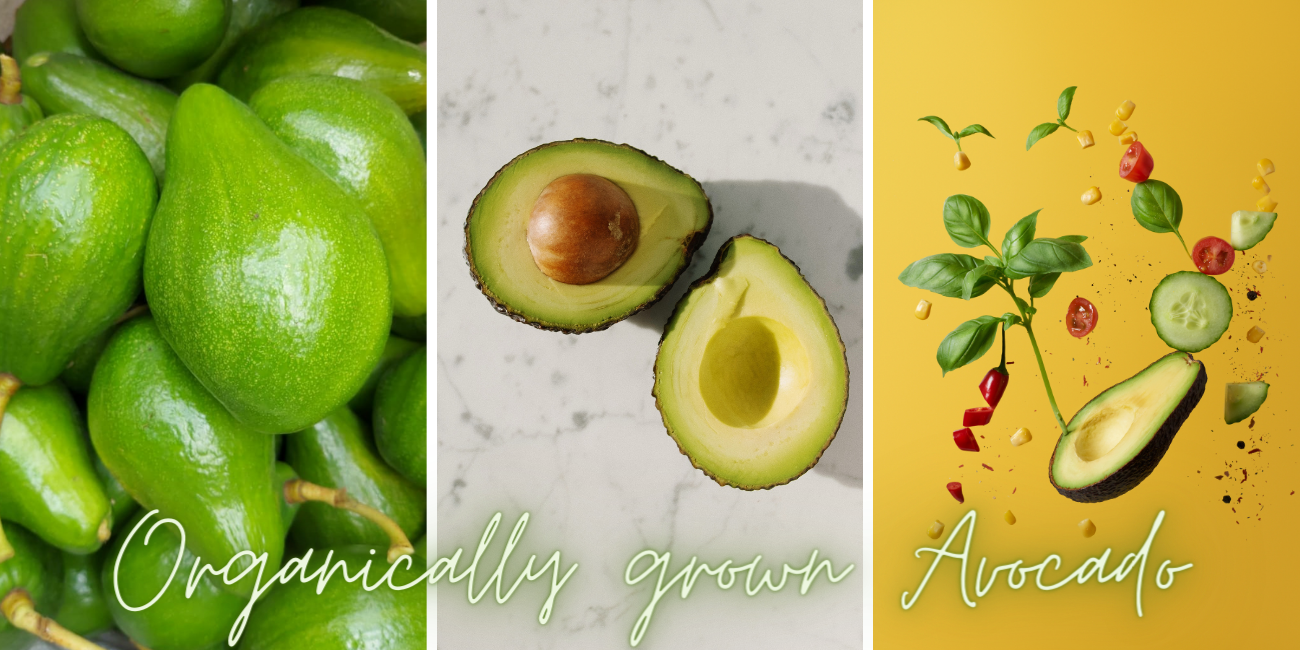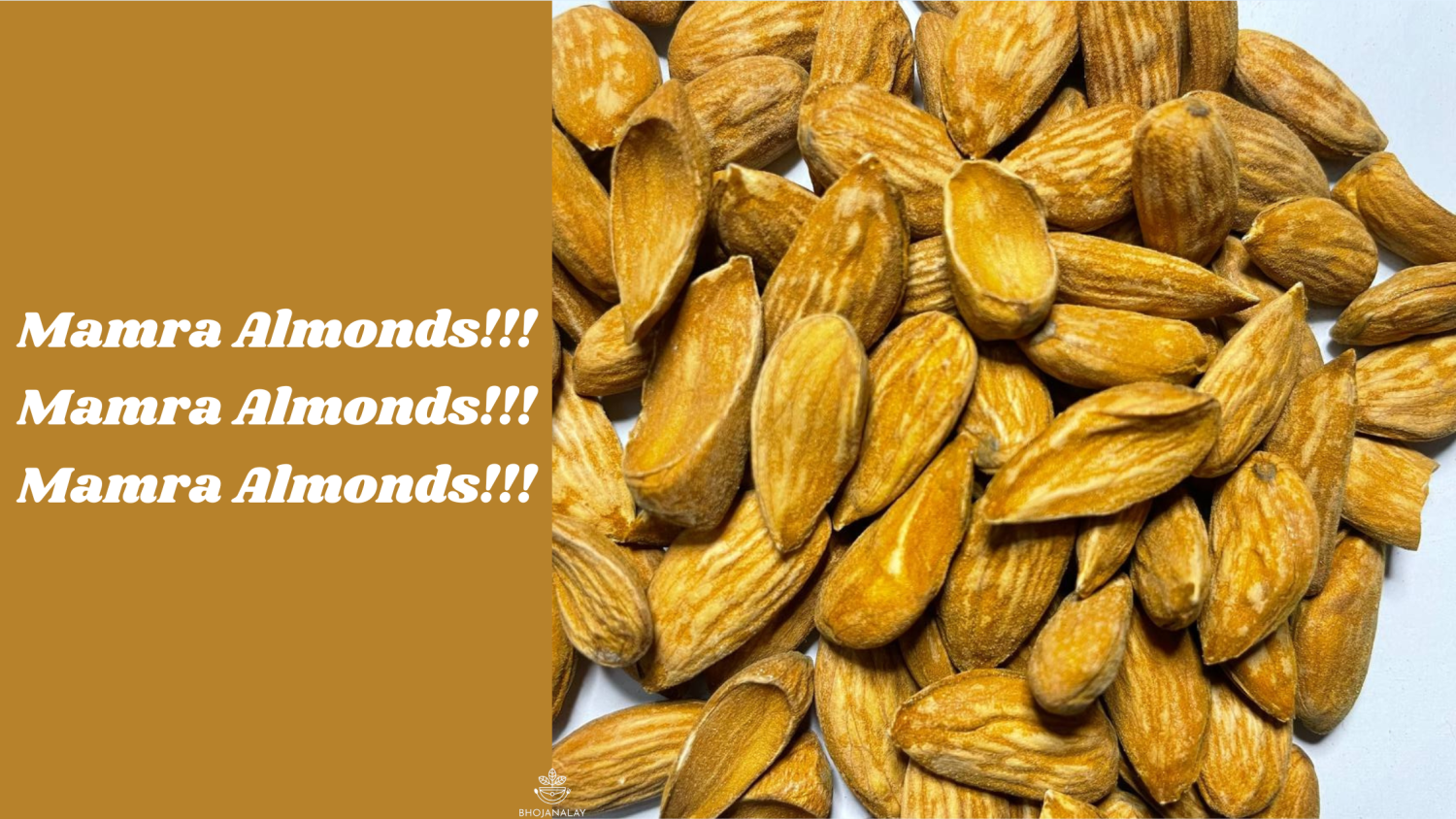Why a Plant-Based Diet is the Best Choice for Your Health, the Environment, and Animals

Vegan and vegetarian diets have been gaining popularity in recent years, and for good reason. These plant-based diets have been shown to have numerous health benefits, and can be a sustainable and ethical choice for individuals and the planet.
First and foremost, vegan and vegetarian diets are rich in nutrients and may help to reduce the risk of certain health conditions. Vegetables, fruits, grains, legumes, and nuts are all excellent sources of fiber, antioxidants, and heart-healthy fats. These plant-based foods have been linked to a lower risk of heart disease, type 2 diabetes, and certain types of cancer. Vegan and vegetarian diets may also help to lower blood pressure and cholesterol levels, and may even aid in weight loss.
In addition to the potential health benefits, vegan and vegetarian diets can also be more environmentally sustainable than diets that include animal products. Animal agriculture is a significant contributor to greenhouse gas emissions, deforestation, and water pollution. By choosing plant-based foods, individuals can reduce their carbon footprint and help to protect the planet.
But the benefits of vegan and vegetarian diets extend beyond personal health and the environment. These diets can also be a ethical choice, as they avoid supporting industries that involve animal cruelty or exploitation. Factory farming, for example, can involve crowded and inhumane conditions for animals, as well as negative impacts on local communities and the environment. By choosing plant-based proteins, such as beans, lentils, and tofu, individuals can support more humane and sustainable food systems.
It's worth noting that while vegan and vegetarian diets can be healthy and nutritionally adequate, it is important to plan these diets carefully to ensure that all nutrient needs are met. Vegans and vegetarians should pay particular attention to their intake of protein, iron, calcium, and vitamin B12, as these nutrients may be more challenging to obtain from a plant-based diet. Fortunately, there are many fortified foods and supplements available to help vegans and vegetarians meet their nutrient needs.
In conclusion, vegan and vegetarian diets can be a healthy, sustainable, and ethical choice for individuals and the planet. These plant-based diets are rich in nutrients and may help to reduce the risk of certain health conditions. They can also be more environmentally sustainable than diets that include animal products, and can support more humane and sustainable food systems. With careful planning, vegans and vegetarians can ensure that they are meeting their nutrient needs and enjoying all the benefits of a plant-based diet.








